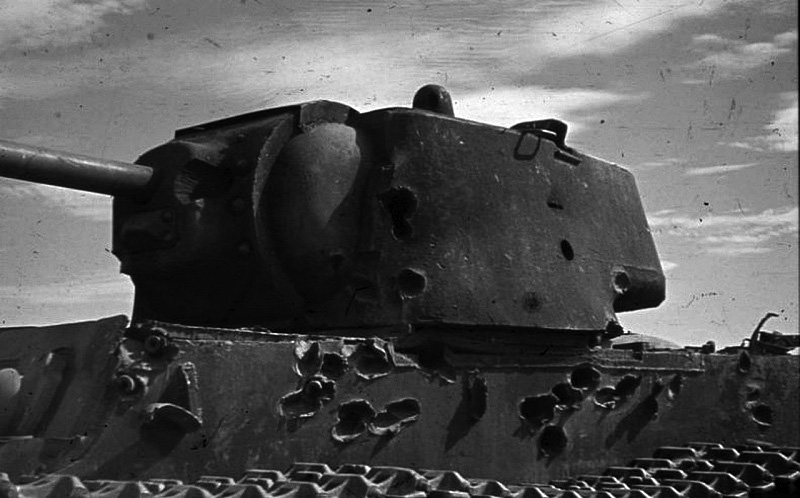As I can see from somebody's grandmother recollections, posted on some Polish forum, reposted and translated here by you?
Sounds like a good data source for historical article
Your message (granny's recollections) as a source of historical information means precisely nothing.
Not "grandmother recollections" but this article:
http://tygodnik.onet.pl/35,0,64822,1,artykul.html
And what's there in this article is only confirmed by those "grandmother recollections" and many other sources.
No matter if you like it or not, the Soviet government was considered as legitimate power by great majority of Soviet people from 1920-s until 1980-s. Especially by people who were culturally close to Russians (Belorussians, East and South Ukrainians).
Western Belarussians and Western Ukrainians were not "Soviet people" before 1939.
This is why bolsheviks were able to take power and win civil war in the first place.
No - they won because people hated Tsar and they believed in bolshevik propaganda of "better lives" - which didn't turn out to be true.
Later - when many people already realized that bolshevik promises were just lies - they kept power thanks to strong apparatus of terror.
And also thanks to very efficient propaganda machine, which still managed to keep many conviced, that the USSR was a paradise.
But overall, bolshevik rules did not turn out to be better than Tsarist rules.
And that's why the USSR didn't collapse after first months of war in 1941.
No - mainly thanks to Stalin & state-sponsored propaganda changing their rhetoric (from bolshevik: "fight for Communism", to nationalistic: "fight for your Motherland Russia"). And also thanks to NKVD terror à la: "no step back or you will be shot" and ruthlessness for "cowards" and deserters.
You know how many Red Army soldiers were executed for desertion during WW2? You certainly know.
the Soviet government was considered as legitimate power by great majority of Soviet people from 1920-s until 1980-s.
Hard to not consider something a legitimate power if you realize that this power can arrest you for anything and do with you what it wants.
If any Soviet citizen tried to deny legitimacy of that power, he was being immediately arrested as "enemy of the state" or "political offender".
And legitimacy is also via efficiency. Because any revolutionary government becomes legitimate via efficiency.
Efficiency is the main prerequisite for recognition of a government in international law.
Because denying something efficiently existing = denying political reality.
There was some German collaboration in Belorussia, but it was negligible in comparison to resistance
What about collaboration of local peasants in German pogroms of Jewish people in Ukraine and Belarussia ???
Already in August there were hundreds of partisan detachments - I suppose that were the people who greeted Nazis with bread and salt?
I suppose that were not local inhabitants, but mainly Russians and other nationalities of the Red Army.
I suppose that were remnants of cut-off and destroyed Red Army units which decided to "go underground" as ordered by Stalin.








 They also have one for Billotte as well, and just about one for every famous tanker of WWII.
They also have one for Billotte as well, and just about one for every famous tanker of WWII.